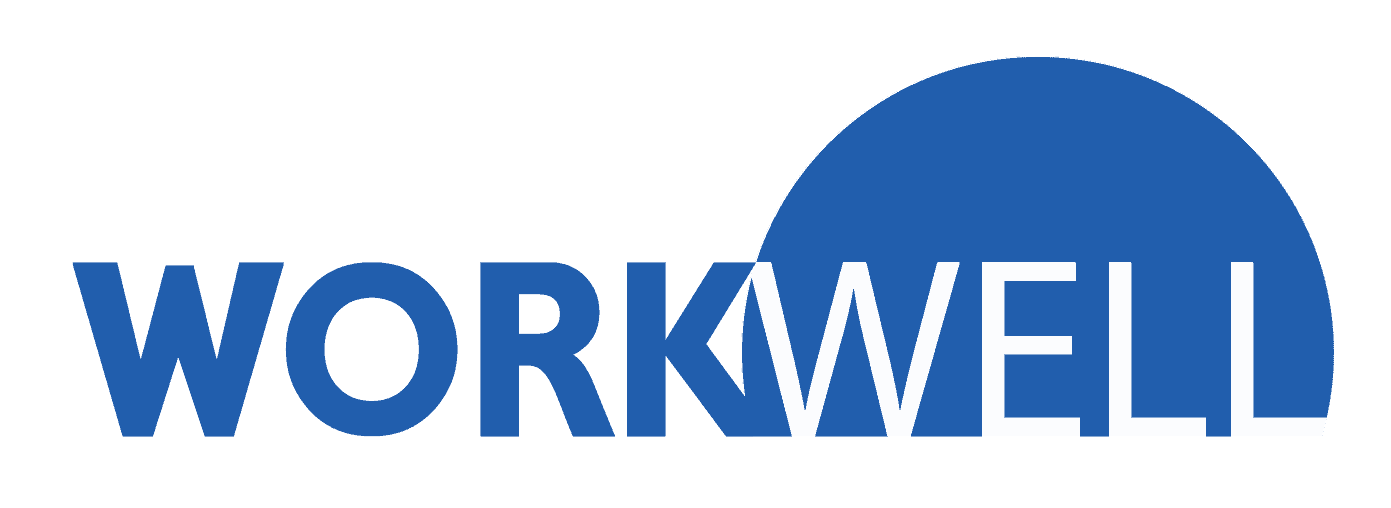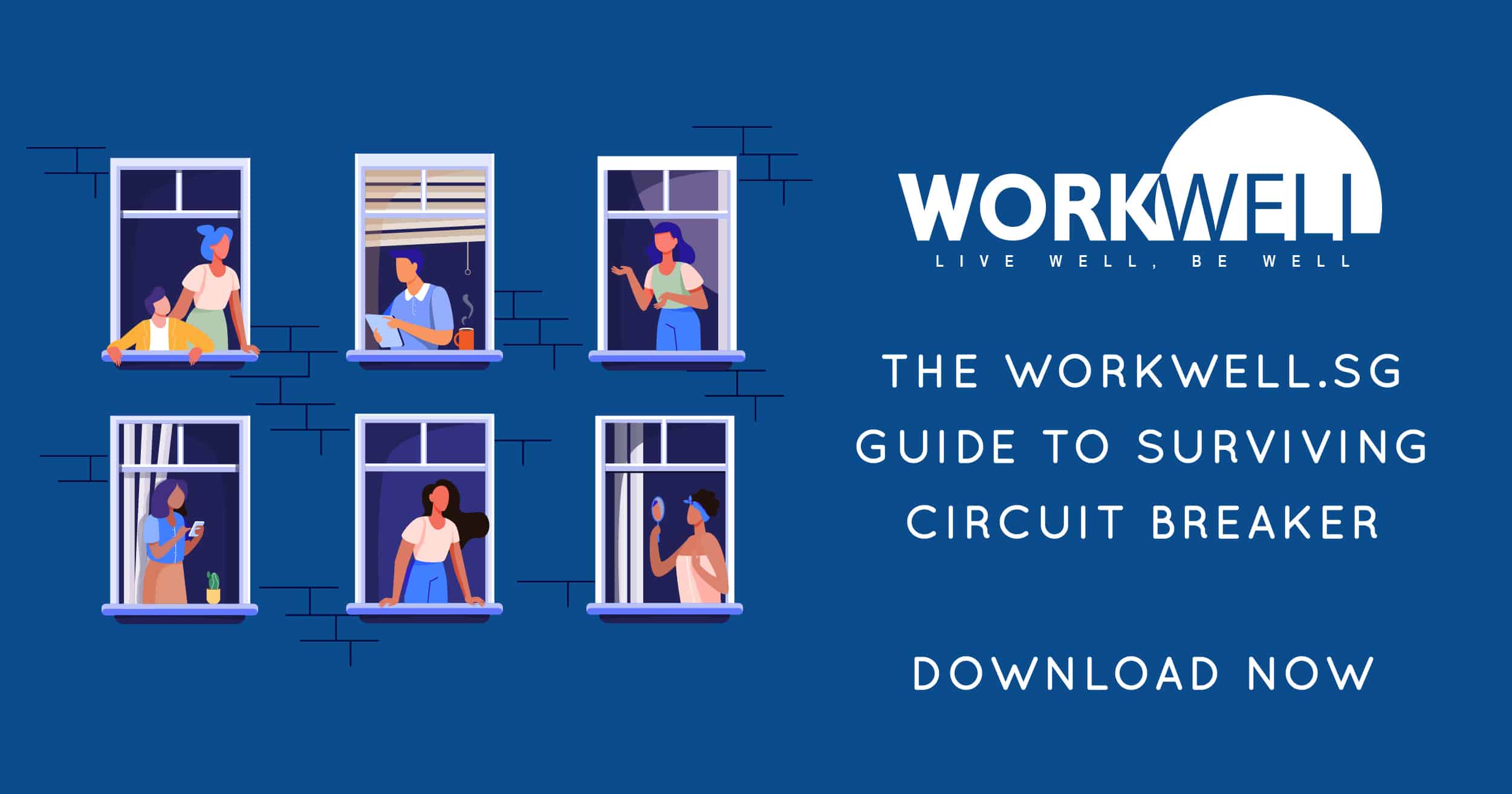Refinancing Your Home Loan

Most people do not have enough cash on hand to pay the full purchase price of a house and turn to mortgaging and taking out housing loans from banks. Many resign themselves to paying back their loans at the same rates they signed up for decades ago. But did you know that you can still assess your loan options and take advantage of better prices?
Read on to find out what you need to know about refinancing your home loan.
What is Refinancing?
What does it mean to refinance a mortgage home loan? Refinancing a mortgage means paying off an existing loan and replacing it with a new one. There are many reasons why homeowners refinance:
- To obtain a lower interest rate
- To shorten the term of their mortgage
- To convert from an adjustable-rate mortgage (ARM) to a fixed-rate mortgage, or vice versa
- To tap into home equity to raise funds to deal with a financial emergency, finance a large purchase, or consolidate debt
Do not mistake repricing for refinancing – repricing means you stay with the same bank but negotiate for a better interest rate while refinancing involves you moving from bank to bank with legal fees involved.
Things to consider before Refinancing
The most common reason for refinancing is to take advantage of lower interest rates and thus reduce the cost of borrowing. You should consider the following cost factors before proceeding with refinancing your home loan:
Lock-in period of your existing housing loan
Most housing loans will have a lock-in period of a few years. If you are redeeming your existing loan within the lock-in period, there may be additional costs/penalties to watch out for. This includes clawback of benefits which were given by the bank, such as rebates, cashback, cash rewards, or subsidy of legal fees. There may also be additional interest payable for redeeming your loan early.
Legal costs
As with all transactions involving your property, there are legal costs involved. Note that there are 3 parties involved here – the bank which your existing housing loan is with, the bank you are refinancing, and yourself. This means potentially 3 sets of legal costs if you do not choose your lawyers carefully.
However, as outlined above, the same law firm can act for all 3 parties, if the firm is on the panel of lawyers for both banks. This reduces your legal costs and makes your transaction more worthwhile.
Administrative fees
Certain banks may charge administrative fees, for eg, for the valuation of your home. Do take note of them when considering a loan offer.
When should you refinance your current home loan?
It is important to choose the right time to refinance your current mortgage loan. Banks require a 3-month notice before refinancing and switching banks. So it is important you know when your lock-in period ends, in order to refinance your housing loan at the right time. Although you can refinance during your lock-in period, you will incur penalty fees. Plan ahead and give yourself at least 4 months to begin the refinancing process.
How many times can you refinance your home mortgage loan?
There is no limit to the number of times you can refinance your loan. As long as you can save on your interest rate, you should consider refinancing your home loan every few years.
Bottom Line:
Refinancing is a great way to use your home as a financial tool when the time is right. You can adjust your loan term, get a better interest rate and change your loan type to save money for a long time. Or cash out your home’s equity and use the money as you need it. So remember to check your eligibility for refinancing after the first 2-3 years.
Need help in financing your home? Let us help you! Make financing your dream home a breeze with Workwell loan partners and get a $50 voucher without any commitment with our complimentary assessment!
Email natalie.mortgage@workwell.sg or contact us at +65 8201 0307 to find out more.
Subscribe to our mailing list to get the latest updates and learn more about our 2022 programs!

